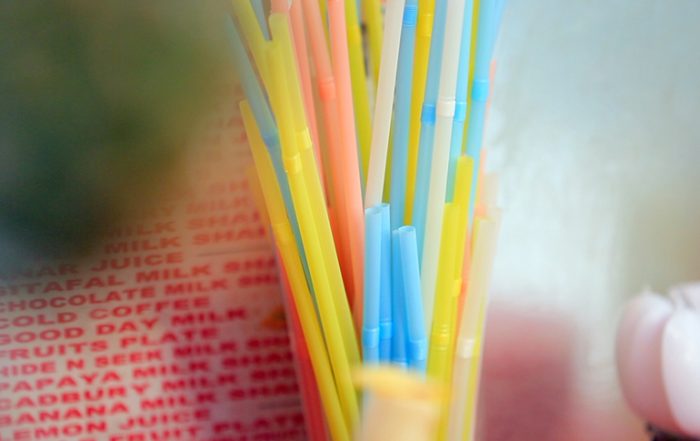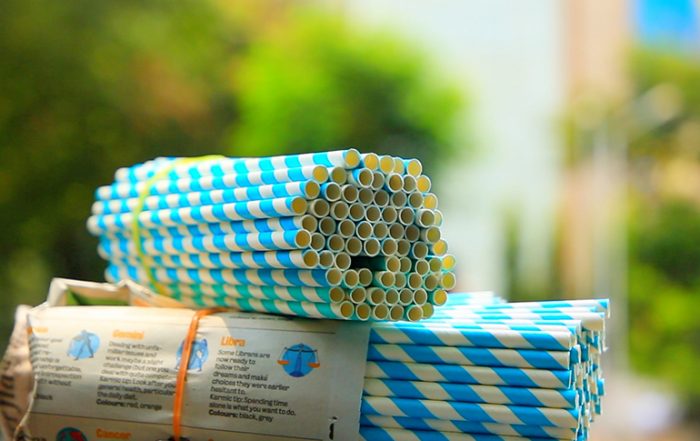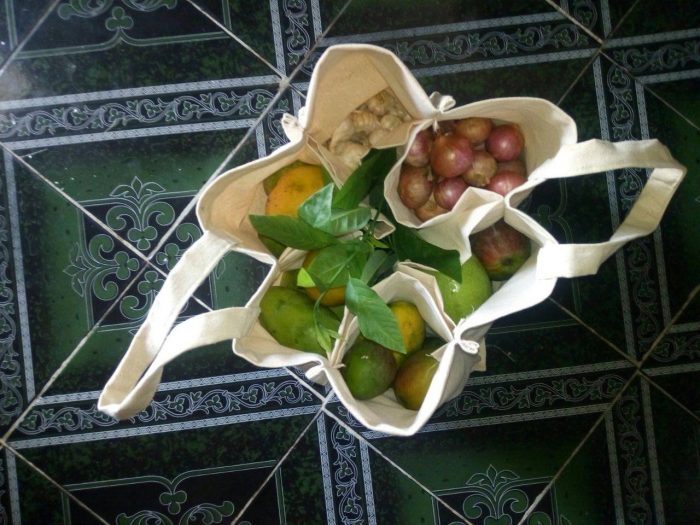| Kavya Narayanan Jun 19, 2018 |
After what seemed like a never-ending list of exceptions and extensions, Maharashtra’s ban on all single use plastic will finally come into effect this Saturday. Come June 23rd, if you accept a disposable plastic bag, plate, cup, straw or any other banned good from a seller, both you and the seller will be fined up to Rs.5000.

Banned items:
- All single-use plastic bags.
- Disposable plastic and thermocol products like straws, cutlery, plates, bowls, cups, liquid pouches, non-woven polypropylene bags and food packaging used by food stalls, restaurants and at events.
- Decorative items made from plastic or thermocol.
Exempted items:
- Milk pouches over 50 microns.
- Food grade plastic bags over 50 microns.
- Plastic packaging used for medicines, solid waste and the agricultural sector.
- Primary packaging, which covers nearly all store-bought goods like biscuits, juice bottles and tetra-packs, grains, shampoo and detergent.
The ban has been placed on the production, distribution, sale, purchase and use of items that are believed to have been significant contributors to problems caused by non-biodegradable plastic waste in the state. In advance of the ban, the government started several drives to urge residents to segregate garbage into plastics, dry waste and organic waste.
Where can you dispose of your plastic waste?
You only have this week to get rid of all your single-use plastic products. You can dispose of the last of your half-used cling film rolls, plastic buntings and that plastic party plates and cutlery at these BMC plastic disposal bins across the city by Friday. The BMC is also organising a call service for societies that want their plastic to be collected. Call them toll-free on 1800 222 357.
The ban requires plastic manufacturers and recyclers to set up collection points and reverse vending machines for PET bottles, for plastic waste from consumers. The list of locations is likely to be released on June 23rd. Consumers will now be able to recycle milk pouches and PET bottles of all sizes under a ‘buy-back scheme’. These will now be sold with a printed ‘buy-back price’ label and incur a refundable fee of between 50 paise and Rs. 2 over their retail prices. This amount will be refunded to the consumer once they return the used bottles and pouches to the retailer, or deposit them into the newly-installed reverse vending machines.
- General plastic waste should be disposed of in a separate bag in the new collection bins, or handed over to the garbage collector.
- Milk pouches and PET bottles of all sizes now come under a ‘buy-back scheme’. These will now be sold with a printed ‘buy-back price’ label and incur a refundable fee of between 50 paise and Rs. 2 over their retail prices. This amount will be refunded to the consumer once they return the used bottles and pouches to the retailer, or deposit them into the newly-installed reverse vending machines.
While the ban lists many restrictions and exemptions, it does not provide alternatives to the contraband goods. Street vendors and vegetable sellers have already experienced a loss in business from customers who didn’t carry their own carry bags, nor agreed to buy their goods in a reusable bag at extra cost. Small food vendors in cities like the breakfast cyclewalas, nariyal pani vendors, roadside stalls and takeaways are likely to be affected more than most as they give up inexpensive plastic disposables and switch to pricier containers, cutlery and straws made from paper or leaves. For the time-being, there’s little respite in sight, and small vendors will have to adjust to this new addition to their cost of doing business.
The organised sectors in southern and suburban Mumbai, including kirana stores, groceries and small retailers, are doing slightly better, having already made the jump to biodegradable replacements.
In response to Mumbai’s enquiries about alternatives, the BMC will organise an exhibition in Worli from June 22nd-24th. It is aimed at helping citizens explore environmentally friendly alternatives to plastic as well as include discussions and on the ban’s impact. More information is available from acplanning.plastic@gmail.com.
What else can you do?

As a conscious consumer in Maharashtra who wants to go the extra mile, you can do a lot to help the ban succeed:
- Help ease the ban’s impact on your favourite bhelwala by taking your own plate along.
- Insist on paper or metal straws.
- Carry your own shopping bag everywhere you go.
- Agree to pay extra for cotton bags at your local retailer
- Use reusable cups, bottles and straws to cut down your consumption of disposables.
- Never buy bottled water.
- Refuse plastic bags event if they are offered to you.

As for me, I have committed to carry my water, coffee and lunch in my own reusable container, and carry this brilliant, multi-compartment Paalaguttapalle Bag with me everywhere I go. The Paalaguttapalle community of landless, drought-struck labourers were left without any means of livelihood. That is, until the women took up tailoring of these bags and are now sustaining their families.
My aim is to reduce my plastic consumption to zero. What’s yours?


No comments:
Post a Comment